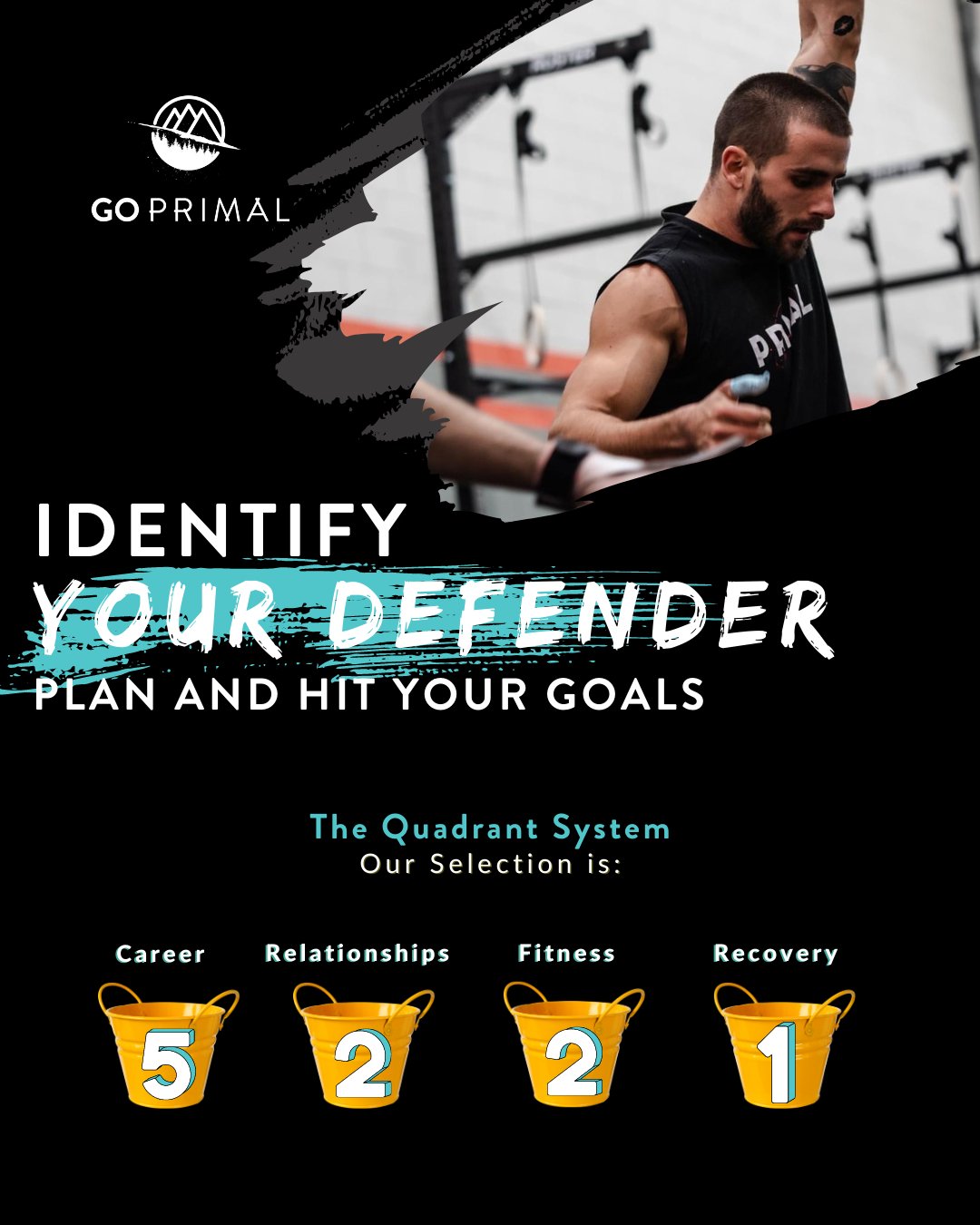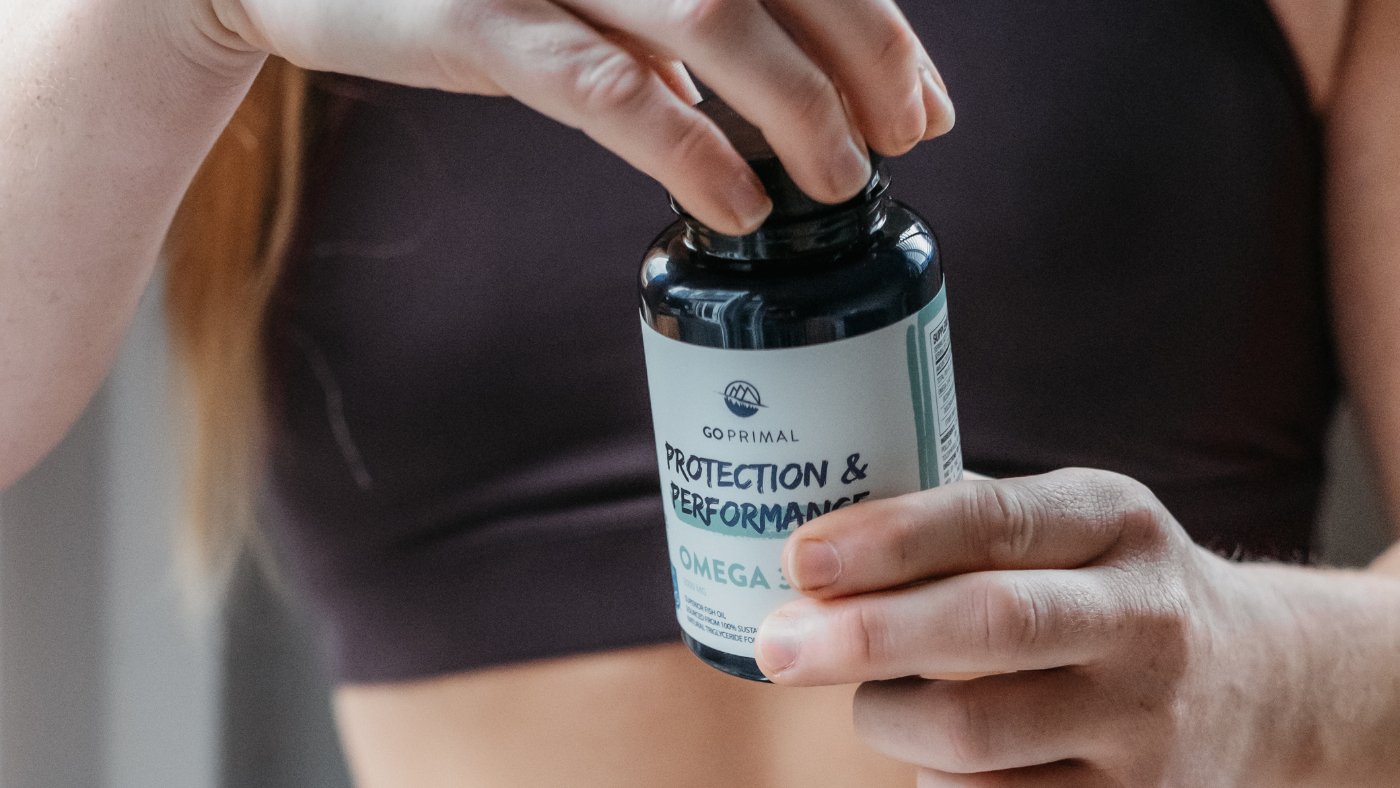
Muscle Recovery: Do you need protein after a workout?
When it comes to building muscle, working out is only half the battle. To really see results, you need to give your body the fuel it needs to recover and grow. One of the most important elements of workout recovery is protein. But do you really need to consume protein after a workout for muscle recovery? Or is it enough to follow a high-protein diet throughout the day? Let's take a closer look.
The benefits of protein for muscle recovery
Protein is essential for repairing and building muscle tissue. When you work out, you cause microscopic tears in your muscle fibers. Protein helps to repair these tears, making your muscles stronger and more resilient. Furthermore, protein can help to reduce muscle soreness and fatigue, which can speed up the recovery process. Here are just a few of the benefits of protein for muscle recovery:
Protein helps to recover from fatigue:
When you work out, your muscles use up glycogen, which is a form of stored glucose. This can cause fatigue and low energy levels. Protein can help to restore your glycogen stores, giving you more energy and helping you to recover faster.
Protein heals muscle tears and supports lean muscle gain:
If you're trying to build muscle, protein is a must. In fact, it provides the building blocks that your body needs to create new muscle tissue. Without enough protein, you won't see the gains you're looking for.
Protein boosts metabolism:
Protein has a high thermic effect, which means that your body burns more calories digesting it than it does with other nutrients. This can help to boost your metabolism and promote fat loss.
When should you consume protein? Before or after the workout?
The timing of your protein intake is not that important for optimizing muscle recovery. While consuming enough protein throughout the day is important, there is not enough evidence to suggest that consuming protein right after a workout is particularly beneficial. This old belief is based on the “metabolic window”, on which it was suggested to consume protein during the 30 minutes after training to guarantee maximum absorption. We now know this recommendation is no longer supported by any studies. Aim to consume enough protein throughout the day, and you will be more than okay. No problem to include more protein, with for example a nutritious protein tiramisu that takes only 5 minutes to make.
How much protein do you need throughout the day?
The amount of protein you need after a workout depends on your body weight and activity level. As a general rule, aim to consume between 1,6 and 2,2 grams of protein per kilogram of body weight. For example, if you weigh 68 kilograms and are moderately active, you should aim to consume on average, 130 grams of protein throughout a day. Read in more detail how much protein to consume for maintaining a lean body composition and building muscle mass.
Do you really need protein powder?
While it's certainly possible to get enough protein from whole foods, it can be difficult to consume the recommended amount solely through food sources. To put it into perspective, you would need to eat approximately 3 large eggs to get 20 grams of protein. This is where protein powders can come in handy as a convenient and effective way to boost your protein intake throughout the day. For example, to make a yummy 30 grams protein smoothie! Try to look for high-quality protein powders that contain at least 20 grams of protein per serving, and avoid powders that are high in added sugars or artificial flavors. And no worries if you are following a vegetarian or vegan diet: there are plenty of delicious and well-digestible vegan protein powder options that provide you with the necessary daily dose of protein.
In conclusion, protein is an essential component of post-workout recovery. It helps, in fact, to repair muscle tissue, reduce muscle soreness, and support lean muscle gain. Aim to consume protein in every meal throughout the day, and aim for 1,6 to 2,2 grams of protein per kilogram of body weight (depending on your training frequency). While protein powders aren't necessary, they can be a convenient way to boost your protein intake. With these tips, you can break easily through any fitness plateau and see the results you're working out for.
Don't forget to take a look at our recent blog post that covers the topic of "The Top 4 Supplements to Speed Up Recovery After a Workout"



